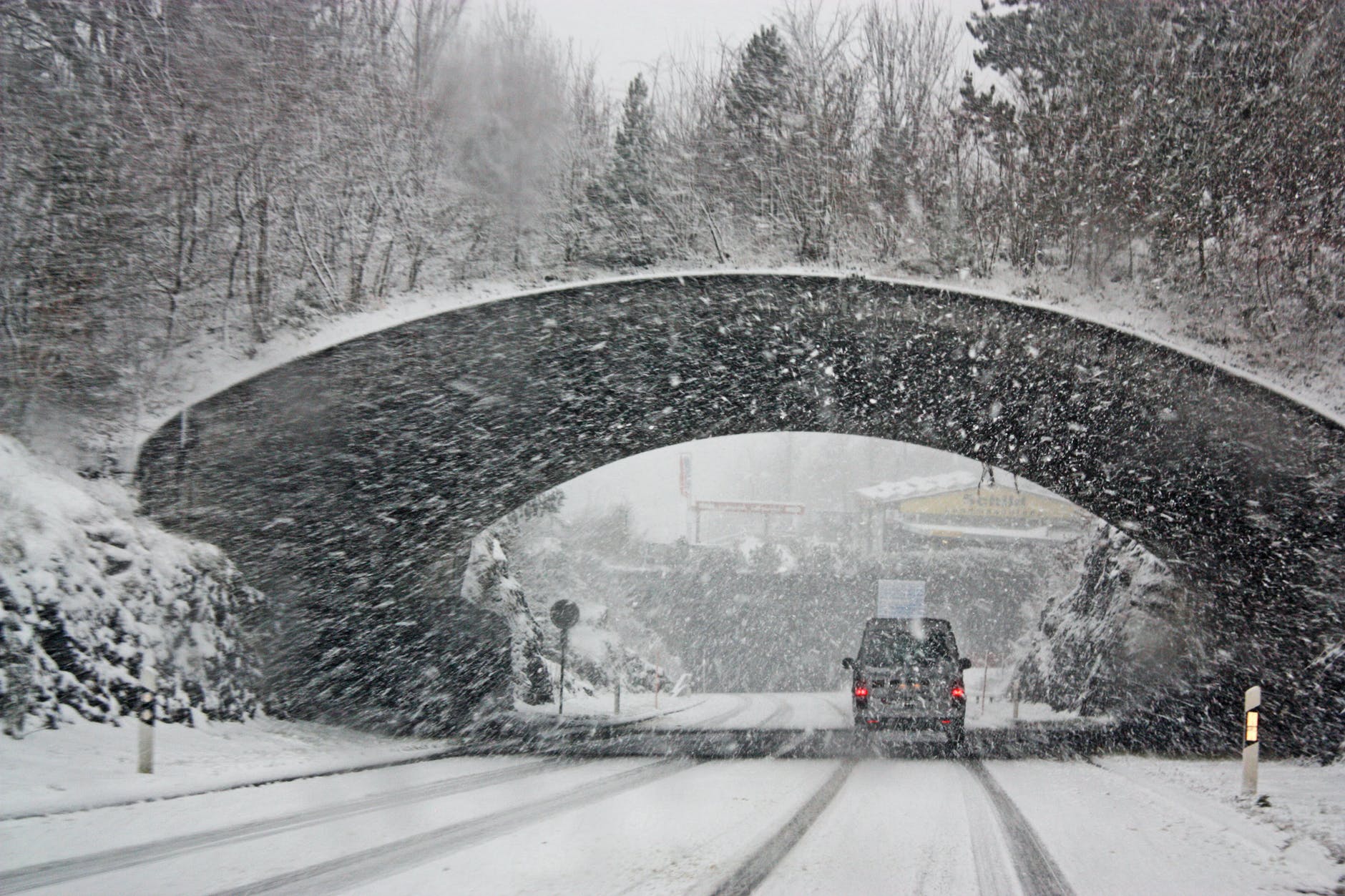Texas Winter Storm Uri 2021: Effects On Residents,
Properties, and Texas Legislature
“…a winter storm that shut down the Texas power grid and left millions without running water.”
Share on facebookShare on linkedin

Within a month of the one-year anniversary of the initial COVID-19 national lockdown, the state of Texas experienced another unprecedented crisis that no one was prepared for: a winter storm that shut down the Texas power grid and left millions without running water.
According to the Washington Post, Dallas, Texas experienced its third-coldest temperature on record at a minus 2 degrees Fahrenheit while the city of Houston, Texas reached the fourth coldest temperature on record at a high of 25 degrees. The Texas Tribune showed that during this time, the entire state of Texas faced a massive power failure where at least 4.5 million residents were without power.
On top of this mass power outage, a peak of 14.9 million Texas experienced water disruptions due to broken or frozen pipes, mechanical issues, or water main breaks according to the Texas Tribune. Millions of the individuals affected by both the power outage and the water disruptions and damage are residents of apartment and multi-family complexes.
And out of the millions of apartment tenants directly affected by power outages and water issues, the population hit the hardest were residents of low-income and affordable housing units. According to the Texas Observer, 78,000 low-income citizens report feeling unreasonably cold during mild winter weather due to poor weather protection, insulation, and reducing temperatures indoors to keep bill pricing low on utilities.
According to the same article, low-income housing residents spend 8 to 10% of their household income on electricity and other utilities. The financial strain on these households has been exacerbated by the ongoing pandemic, resulting in a heavy burden for already hard-hit families.
There are programs provided by the federal government such as the Low Income Home Energy Assistance Program (LIHEAP) that are meant to help low-income residents weatherize and update units and homes to prevent damage caused by the likes of Winter Storm Uri. However, these programs have limited resources and tend to not have sufficient funds to completely update older homes and units occupied by low-income residents, according to the Texas Observer.
On top of the damage that many of these low-income households experienced from freezing pipes and water issues, tenants’ electricity bills skyrocketed as they tried to heat their homes during periods where the power was on in between rolling blackouts, according to the Texas Observer. Many of these low-income tenants experienced repeat or long-term blackouts during the winter storm that more affluent areas were likely to avoid due to sharing power grids with emergency services and hospitals that remained powered.
Due to this issue, Texas House Representative Theresa Meza authored and introduced House bill 2638 to the Texas House of Representatives concerning the issue of rolling blackouts at multi-family properties in Texas. Meza outlines in this bill, which has been passed on to the State Affairs committee in the House, that “each electric utility, municipality owned utility and electric cooperative must ensure that no part of the distribution system that serves a multi-family property with more than 25 units is subject to an outage of more than 6 hours”.


